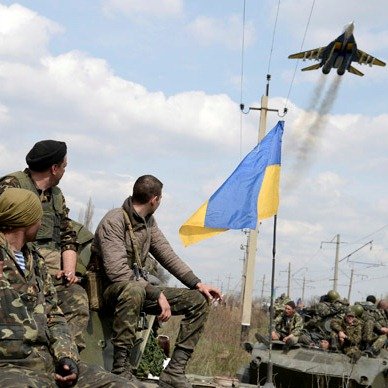(Russia International Affairs Council) The United States and NATO are withdrawing their forces from Afghanistan, leaving the country in a difficult, albeit not entirely hopeless situation.
On the one hand, the armed conflict in the country rages on. Although its nature is changing, increasingly assuming the form of a confrontation between the insurgents and the Afghan armed forces and security structures, which are suffering record losses. The number of armed attacks and incidents grew by 15–20 per cent in 2013 alone. On the whole, the fighting today is substantially more intensive than it was before the Western intervention. Indeed, in the decade following 2001, Afghanistan joined Iraq and Pakistan as the three countries with the highest level of terrorist activity. According to the Global Terrorism Database, in 2012 these three countries accounted for more than half of all the terrorist attacks in the world and 58 per cent of all people killed in terrorist attacks.
On the other hand, in spite of all the alarmist scenarios that are common in Afghanistan, as well as inside and outside the region, a radical change of the balance of forces or overwhelming military superiority of one of the parties to the conflict after 2014 so far look unlikely, as does any real progress towards a peaceful settlement. Most probably the Taliban would only be willing to enter into serious internal peace negotiations after they “test the strength” of the Afghan army and government following the withdrawal of the bulk of Western forces. Thus, Afghanistan will likely experience a period of increased instability as the conflicting parties size up each other’s armed strength in the new situation. The central government and the national security structures will remain active, albeit on a limited scale. Hopefully, this will happen not only thanks to international support and the remaining Western military presence, but also due to the greater legitimacy of the new administration (compared with that of Hamid Karzai) as a result of the elections and further state building. […]
Read the full article © Russia International Affairs Council











